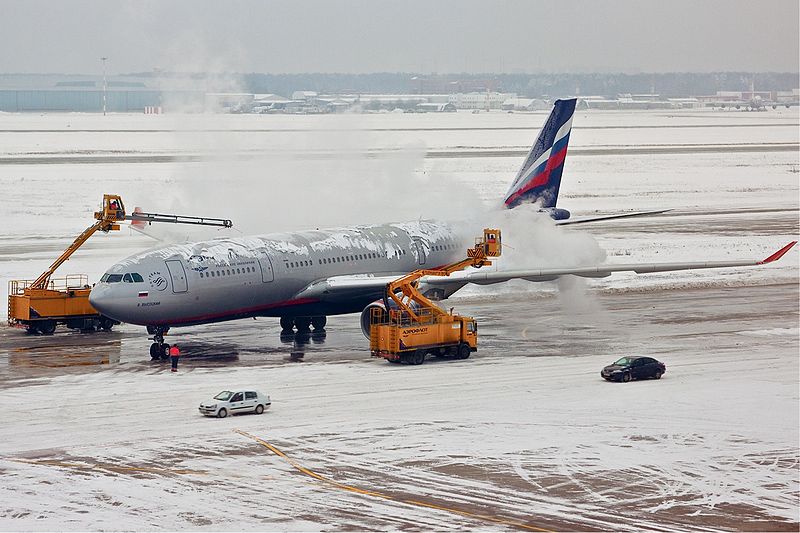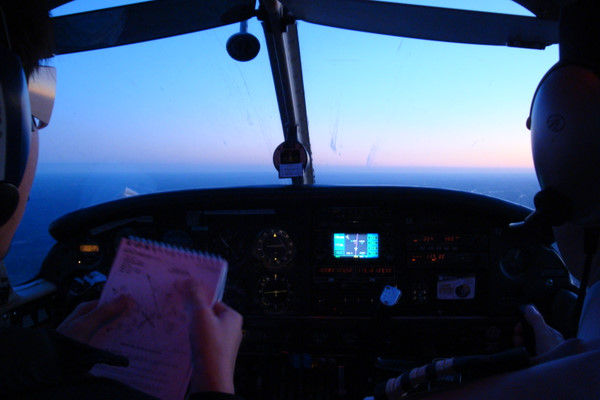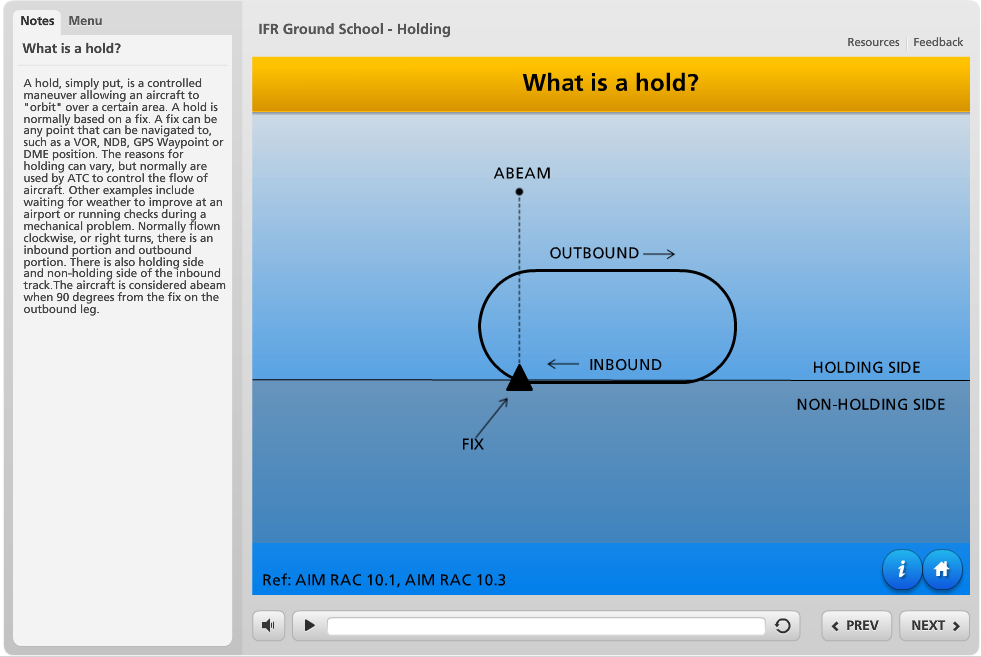Pilot Incapacitation
The Australian Safety Bureau has published an interesting report on Pilot Incapacitation from data collected between 2010 and 2014. The data included incidents reported in Australia and on Australian registered aircraft.
Pilot incapacitation is when a pilot is unable to continue their duties due to a medical related issue or a change in the working environment. This can range from full incapacitation, being unable to perform any duties, to partial incapacitation where a pilot is able to perform limited duties.
Pilot incapacitation is very rare. The Australian report stated that between 2010 and 2014 the number of reported incidents of pilot incapacitation totaled 113, or 1 every 34,000 flights.
So what was the largest cause of pilot incapacitation in high capacity transport operations?
Gastrointestinal Illnesses
Gastrointestinal illness stands far ahead of other causes with a total of 45 reported incidents, followed by laser strikes at just over 10. (Laser strikes can be extremely dangerous as lasers can cause temporary blindness and eye damage.) The report gives a few examples of pilot incapacitation by gastrointestinal illness from causes such as dehydration, food poising and the flu.
Why is this important to read?
This is an interesting and important report to read. What is most interesting is the various examples of pilot incapacitation, what happened, why, and how the crew dealt with the situation. Crew members should think how they would deal with various situations, and how they would react if something were to happen to them.
Read the entire report here: https://www.atsb.gov.au/publications/2015/ar-2015-096/
My Experience
I personally have experienced a pilot incapacitation situation. Although I am not entirely sure what caused the situation, I suspect it was the result of something I ate. During the cruise portion of a flight as pilot flying I began to feel hot, nauseous and weak. What shocked me was how sudden the symptoms began. I immediately informed the captain and transferred flying duties to him. I was sure that I would vomit, so I pushed my seat back, drank water and waited for the inevitable. The feeling lasted almost 30 minutes before I began to feel better, almost as fast as it had started. I felt almost 100% after a short time and was able to resume duties for the remainder of the flight.
This was a relatively simple pilot incapacitation situation that lasted only for a short time, but it is an example of a situation pilots may experience in their career. I feel as a crew we dealt with the situation effectively and safely. We also reported the incident through the company’s safety management system.




Interesting! Definitely saving the ASB report to read later. Thanks for sharing.